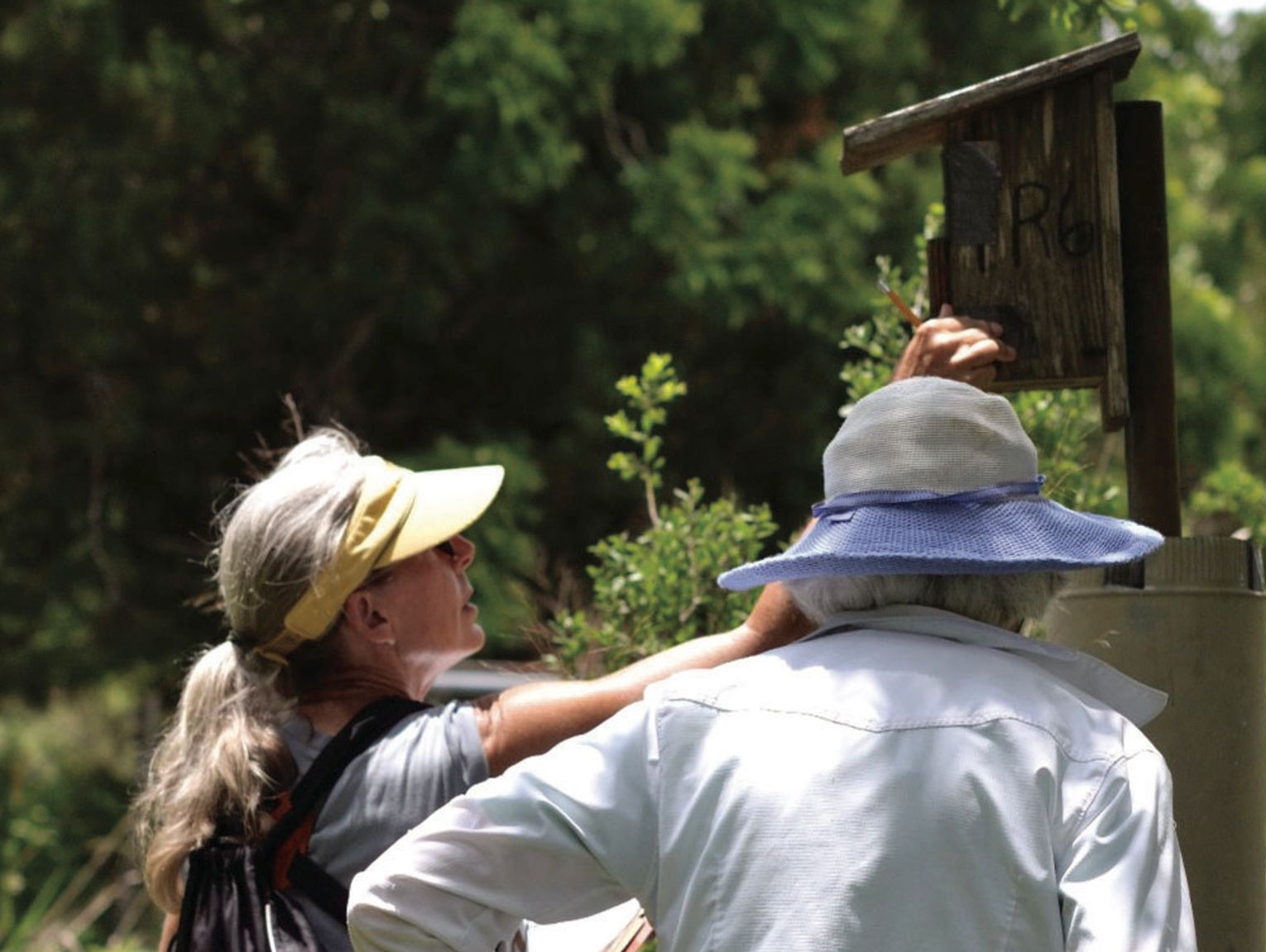Weed science leaders in the U.S. and Canada have highlighted a critical need for expanded technical competencies in the field, according to a recent survey conducted by the Weed Science Society of America (WSSA). Precision weed management and robotics were identified as areas that require expertise in artificial intelligence (AI), machine learning, and UAV technologies. However, there is a noticeable gap in these skillsets among current leaders.
Virginia Tech Weed Science Assistant Professor, Vijay Singh, Ph.D., pointed out the challenges associated with UAV-based herbicide applications, which require specific licenses, training, and data analytics expertise. He noted that there is a shortage of individuals who possess these attributes, as well as a lack of engineering graduates who are knowledgeable in areas such as AI and machine learning and willing to engage in interdisciplinary research.
The survey findings indicate a shift in research priorities, with herbicides ranking lower than cultural and preventative weed management and precision weed management. While advancements like UAV-based herbicide applications show promise, public funding for weed research has declined. This has raised concerns about the lack of support for critical areas like integrated weed management. Weed scientists stress the need for increased public funding to address these challenges and accelerate the development and application of AI and machine learning technologies in weed management.
Stakeholders are advocating for increased public funding to support weed science research and the development of cutting-edge technologies in the field. By investing in AI, machine learning, and UAV technologies, researchers aim to enhance precision weed management practices and ultimately improve the sustainability and efficiency of weed control strategies.
In conclusion, there is an urgent need for expanded technical competencies in weed science to address critical challenges such as precision weed management and robotics that require expertise in AI, machine learning, and UAV technologies. The shortage of individuals with these skills highlights the need for increased public funding to support interdisciplinary research that engages engineering graduates with knowledge on AI, machine learning along with other relevant fields to develop innovative solutions that enhance sustainability and efficiency of weed control strategies while also addressing gaps in existing skill sets among current leaders.



